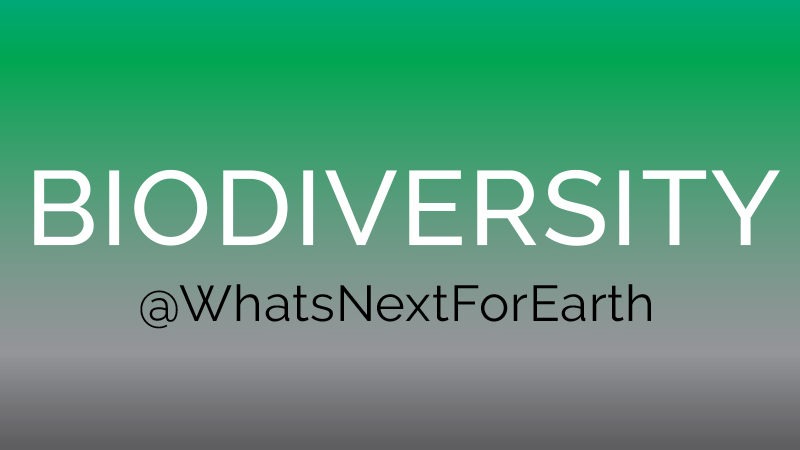You are invited to participate in @WhatsNextForEarth’s art call Biodiversity open until September 3oth, 2021. What’s Next for Earth is a participative art project based on Instagram that invites the community to respond to a monthly topic, reflecting on the human predicament. A selection of the contributions is published on the MAHB Arts Community Page.
Since April 2020, What’s Next for Earth proposed 16 art calls including this one.
The Art Call
In 2021, What’s Next for Earth proposes to go through The Post Carbon Institute’s FREE online course THINK RESILIENCE, one lesson at a time. Please sign up at education.resilience.org (it’s easy!) – Each lesson is short and gives an excellent overview of the topic.
Think Resilience / Please watch:
– the introductory video (lesson 1)
CHAPTER ONE – Our converging Crisis
– Energy, (lesson 2)
– Population and Consumption (lesson 3).
– Depletion (lesson 4)
– Pollution (Lesson 5)
CHAPTER TWO – The Roots and Results of Our Crises
– Political & Economic Management (Social Structure) (lesson 6)
– Belief Systems (Lesson 7)
– Biodiversity (Lesson 8)
“Most people are accustomed to thinking of the world only as it relates to human wishes and needs. After all, the vast majority of our attention is taken up with politics, the economy, family, entertainment—human interests. It’s become all too easy to forget that nature even exists—as our communities have grown more and more urbanized, and the processes of growing food, making clothes and buildings, and producing energy are handled in large industrial operations far from view. There are millions of kids in North America who’ve never seen the stars at night, visited a national park, or picked a wild blackberry. […]” Richard Heinberg
PLEASE READ THE TRANSCRIPT OF THE VIDEO HERE if you do not get the chance to watch the video.
Think Resilience Course
"Acting without this understanding is like putting a bandage on a life-threatening injury."
Think Resilience is hosted by Richard Heinberg, one of the world’s leading experts on the urgency and challenges of moving society away from fossil fuels.

We live in a time of tremendous political, environmental, and economic upheaval. What should we do?
Think Resilience is an online course offered by Post Carbon Institute to help you get started on doing something. It features twenty-two video lectures—about four hours total—by Richard Heinberg, one of the world’s foremost experts on the urgency and challenges of transitioning society away from fossil fuels. Think Resilience is rooted in Post Carbon Institute’s years of work in energy literacy and community resilience. It packs a lot of information into four hours, and by the end of the course you’ll have good start on two important skills:
1. How to make sense of the complex challenges society now faces. What are the underlying, systemic forces at play? What brought us to this place? Acting without this understanding is like putting a bandage on a life-threatening injury.
2. How to build community resilience. While we must also act in our individual lives and as national and global citizens, building the resilience of our communities is an essential response to the 21st century’s multiple sustainability crises.
How to participate in the Art Call
1. Create your piece using any format/technique you wish.
2. Post it on your Instagram page. Include a description of your piece in your photo’s caption: title, technique, and size, the relationship with the theme.
Copy and paste all these tags at the end of your description:
#biodiversity #artcall
@WhatsNextForEarth
@mahbglobal
@postcarboninstitute
#extractionart
#mahbstanfordarts
#WhatsNextForEarth
#ecoart
#artactivism
#humanpredicament
#mahbartscommunity
#anthropocene
#climateemergency
#climatechange
#codered
What’s Next For Earth is an art project created by Michele Guieu, eco-artist, and MAHB Arts Coordinator, to reflect on the climate emergency, the human predicament and envision a desirable future. The project is supported by the MAHB. If you have any questions, please send a message to michele@mahbonline.org.
Thank you ~

